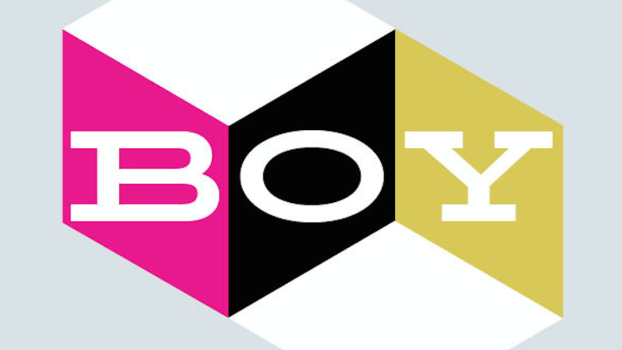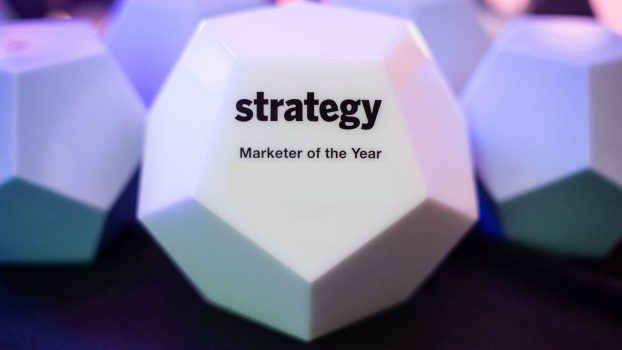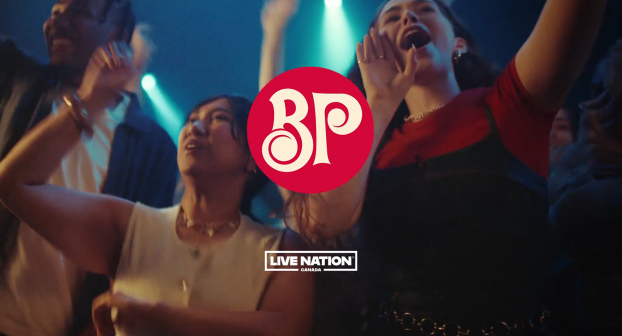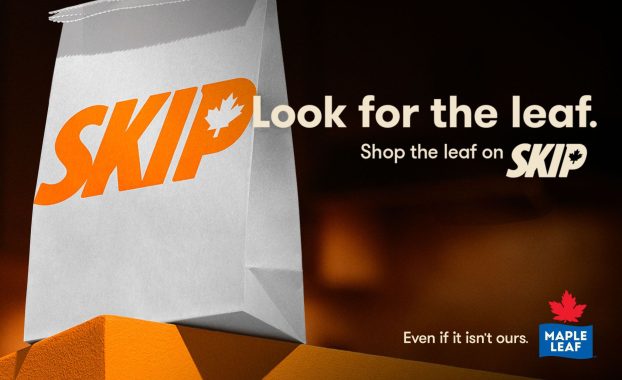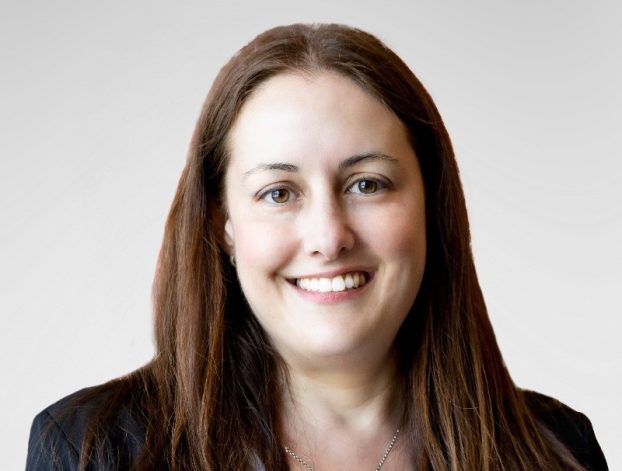
By Will Novosedlik
Everyone loves a crystal ball, which is why, at this time every year, the research houses and management consultants, along with various publications, lay before us their prognostications for what lies ahead.
As the Mintel Global Consumer Trends 2024 report repeats a number of times, uncertainty is the only certainty. The best that can be done is to base those prognostications on observations, statistics, consumer data, context and examples of how leading brands are already responding. The challenge with that is if brands are already responding to a trend, it’s probably almost over.
Nonetheless, the report document hangs its narrative on five major trends for the coming year:
Being human. We need to optimize our human and emotional skills to get the most out of the algorithms that are increasingly a part of our lives.
More than money. Consumers will reassess what matters to them, which may change their perception of what value really means.
Relationship renaissance. Consumers who find comfort through screens at the cost of meaningful real-life relationships will seek new forms of intimacy for the sake of their physical and mental health.
New green reality. Lack of progress on climate change means consumers and brands will need to prioritize survival within an increasingly threatening climate context.
Positive perspectives. Brands and consumers will work together in new ways to deal with uncertainty.
The first trend, “being human,” makes the rather obvious observation that what makes us unique – emotions, empathy, creativity, and the desire to connect with fellow humans – is not what gets algorithms out of bed in the morning. If we want to beat them to the breakfast table, it would be to our benefit to do everything we can to optimize what makes us different. Mintel’s prediction: a new “human as premium” label will emerge, giving greater influence to people who can do the things an algorithm will never have the creative chops to do.
The second trend, “more than money,” is all about what money can’t buy, and how more and more of us are re-examining our definition of value. While attributes like sustainability, convenience and heritage remain important, brands need to present them within the context of quality. One datapoint suggests that consumers are more interested in spending more on quality goods that will last (furniture, cars) than in spending less on ones that need to be replaced more often. The example Mintel gives is French cooperative Ethikis, which has developed the Longtime label, a quality seal to help consumers identify durable products.
The third trend, “relationship renaissance,” foregrounds the isolation we experienced during the pandemic and how it has wedded us to our screens but distanced us from the physical proximity that we so dearly need for our health and wellbeing. It has made us aware of the fact that health is about more than just diet and exercise: it’s also a matter of social connection. Mintel claims that as a result brands are being challenged to pull people out of their “self-care cocoon” and back into the social world for the sake of their health.
Trend number four, “new green reality,” is all about the fact that many more people now realize just how much of an existential threat climate change truly is, and how that demands a radical and collaborative response. It will also demand continuous innovation, which means that brands can’t just talk about reducing their carbon footprint; they need to develop the non-stop and ever-increasing innovative capacity to actually solve the problems they have created. They will need to show meaningful and measurable progress towards real sustainability targets, as well as the ability to pivot as circumstances change. Because they will.
Last but not least, trend number five: “positive perspectives.” As designer Bruce Mau has often said, the climate threat is so existential that we have no choice but to be optimistic about our ability to reverse it. Combine the climate threat with economic inequality, political instability, war, social upheaval and fear of how AI is going to reshape our future, and anything less than optimism would be suicidal. Mintel surmises that rather than ignoring the impact of all that uncertainty, brands will need to abandon their sanitized portrayal of reality and be more honest. Such honesty, says Mintel, will create the kind of trust consumers need to feel confident about dealing with what lies ahead.

